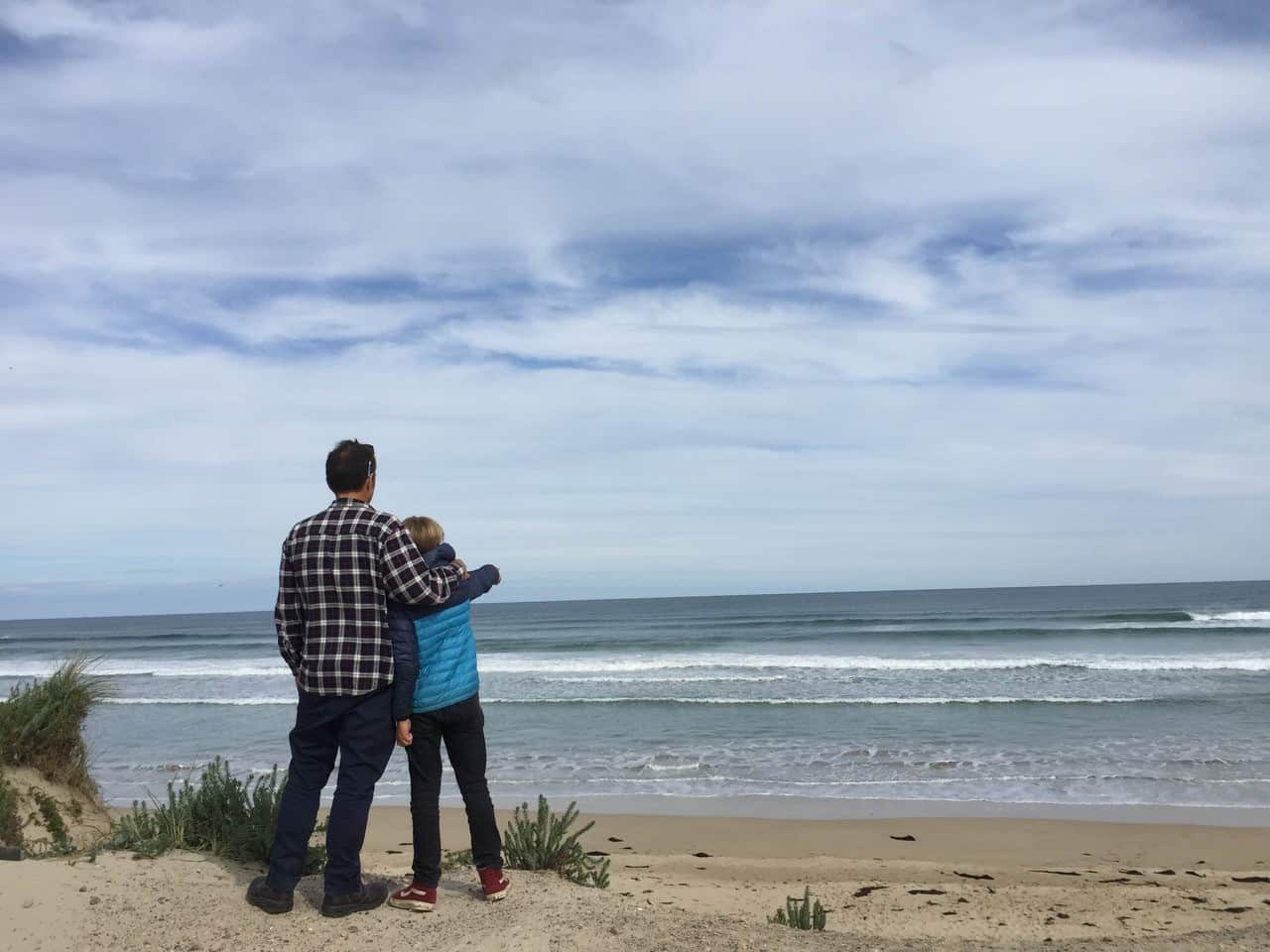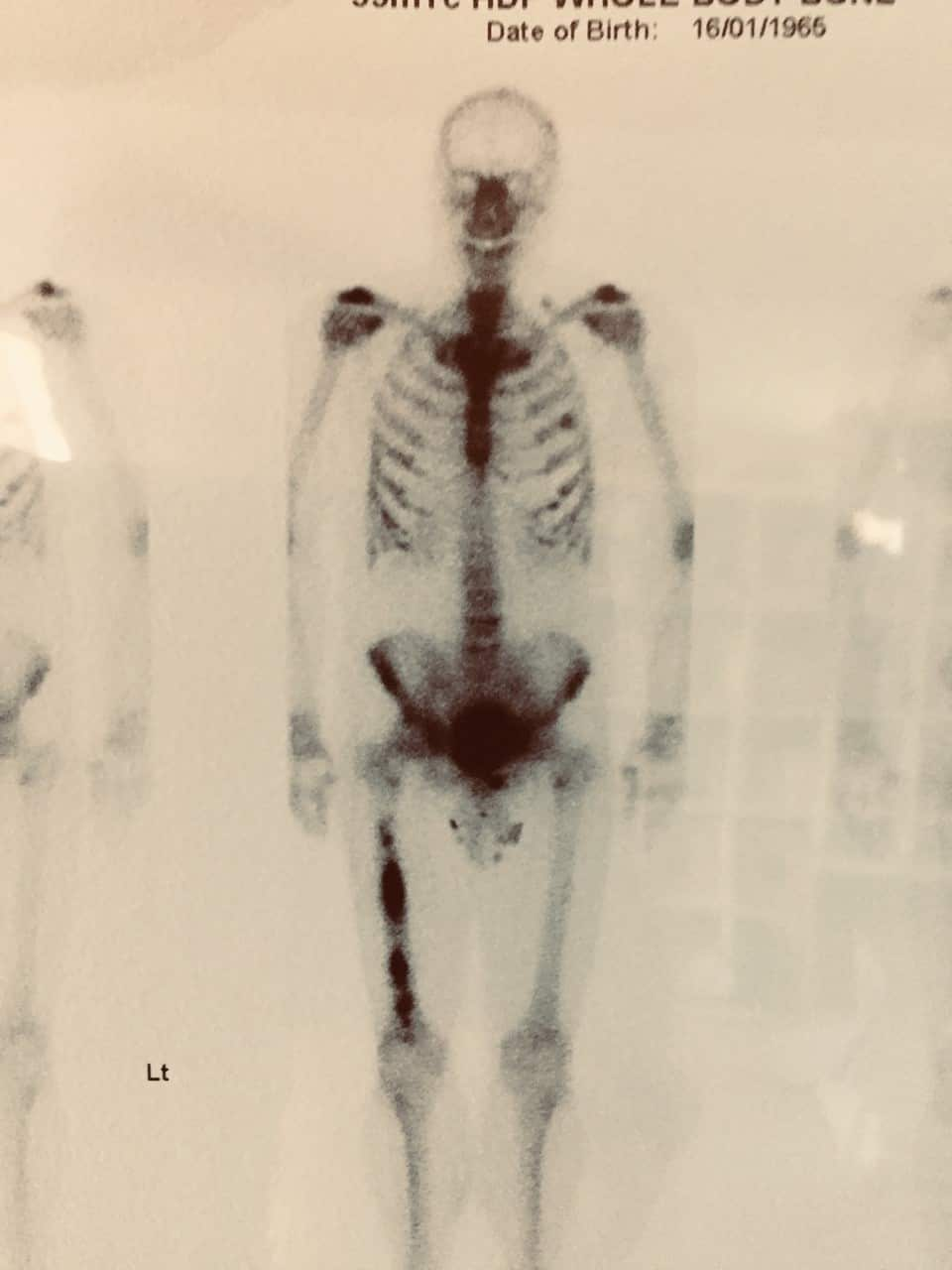Key Points
- Tim Baker was a best-selling and award-winning surf writer with a family.
- Then on July 7, 2015, he was diagnosed, out of the blue, with stage 4, metastatic prostate cancer.
What would you do if you were told you had limited time to live? And what happens if you outlive your prognosis? Insight talks to cancer patients about beating the odds, and doctors on giving the bad news. Watch, Tuesday October 4 at 8:30pm on SBS or on .
The below is an excerpt from book, . Baker was a best-selling and award-winning surf writer with a family. Then on July 7, 2015, he was diagnosed, out of the blue, with stage 4, metastatic prostate cancer.
At the start of this journey, I imagined I’d face some agonising choices between quality of life and longevity, to endure more aggressive and toxic treatments to extend life or opt for quality over quantity, to die with dignity. And I always figured I’d come down on the side of quality of life, here for a good time, not a long time.
When I put this to my new oncologist, he replies brightly, ‘How about we go for both?’ I like the cut of his jib.

Tim Baker is seven years on from his cancer diagnosis.
Discussing quality of life for men with prostate cancer while chemically castrating them is a little like recommending a good dentist while punching someone repeatedly in the face. Until we have less toxic and debilitating treatment options than hormone therapy, men will continue to suffer – living longer but with profoundly compromised lives, which doesn’t sound like anyone’s idea of good medicine.
I’d hoped by the end of this book I’d be gleefully reporting my array of successful hormone therapy hacks to deliver a rich and meaningful life, despite the challenges to mental and physical health. This experience has humbled me and moderated my ambitions. Lots of things help – nutrition, good quality sleep, exercise, meditation, immersion in nature, social connection, creativity. Love.
But hormone therapy, for me at least, feels like getting in the ring with Mike Tyson. You might get through a couple of rounds and start to fancy your chances, but you’re going to end up on the canvas sooner or later. Life with advanced prostate cancer is hard, no question. I might never arrive at a place of complete acceptance of the way hormone therapy has impacted me. This quest is an often harrowing work in progress and some days are better than others, despair forever hovering on the horizon like storm clouds. Short of complete enlightenment, managing my diagnosis will always entail a degree of suffering. How I respond to that suffering is up to me.

Ben's bone scan on diagnosis. There is a tumour in the right femur and left rib.
Soon after this epiphany, I’m scrolling Instagram and come upon a post of Mick diving with sharks, alongside a famed marine conservationist and ‘shark whisperer’ Cristina Zenato. Here is Mick literally patting sharks, confronting his fears, staring down his demons, for a two-part National Geographic documentary Save This Shark. Cosmic confirmation that I’m on the right track, perhaps. Zenato has reviewed the footage of Mick’s shark encounter and claims it wasn’t an attack, confirming that the shark simply got tangled in his legrope and tried to get away. ‘You guys just crossed paths,’ she says.
‘That’s the way I look at it. It was an encounter and it’s time to move on,’ Mick replies. But how do I move on?


